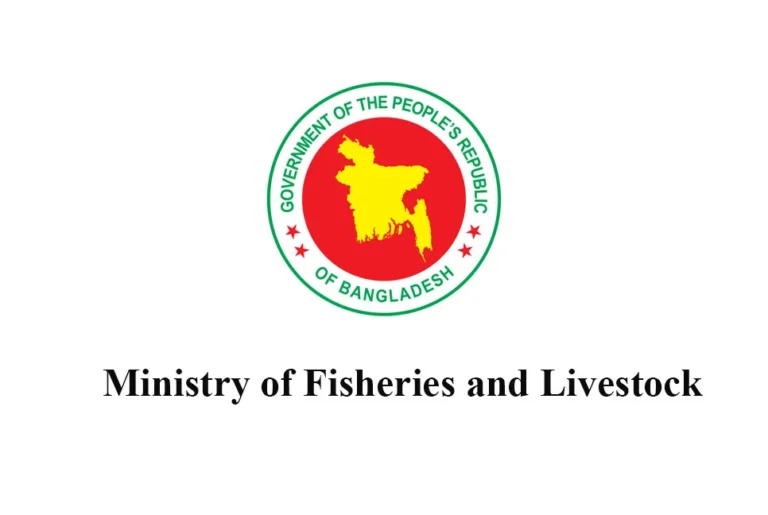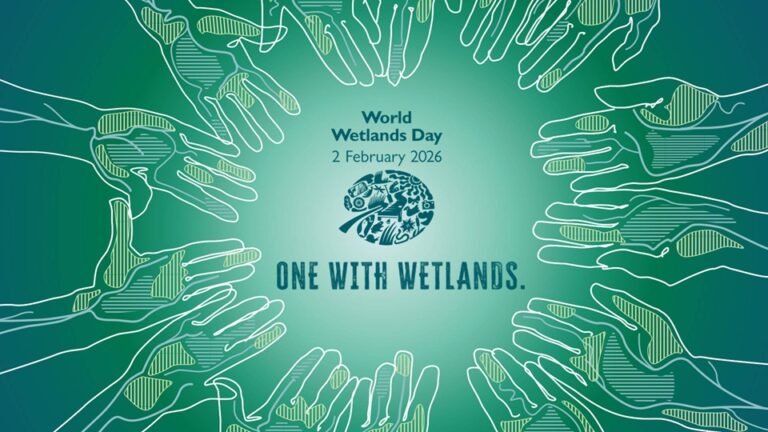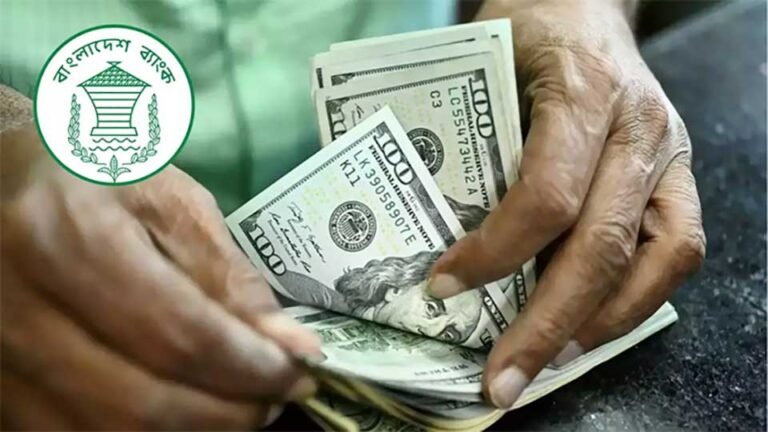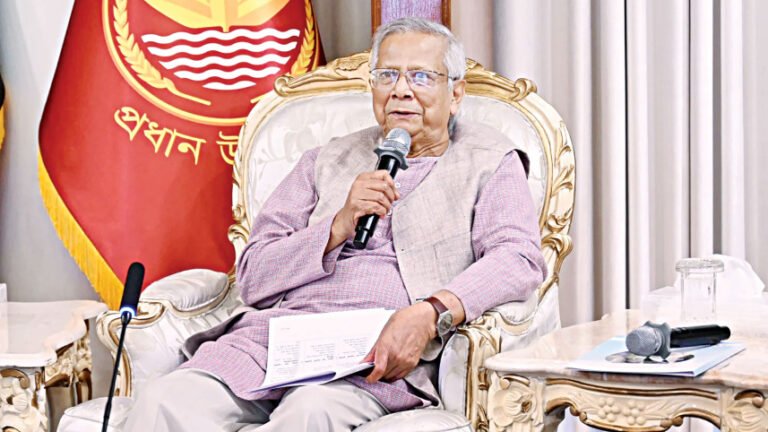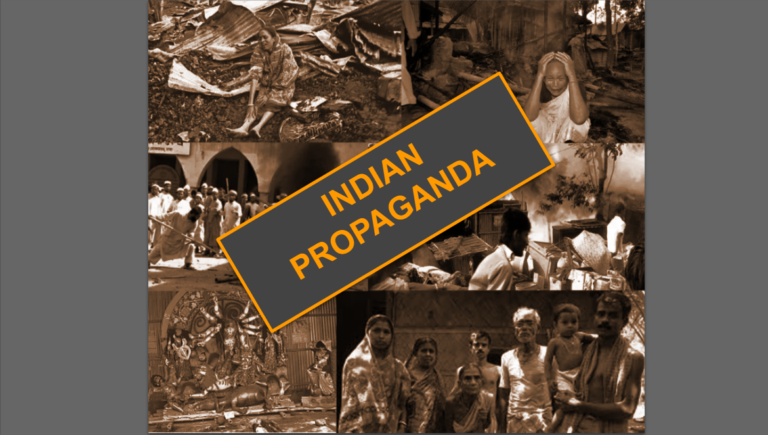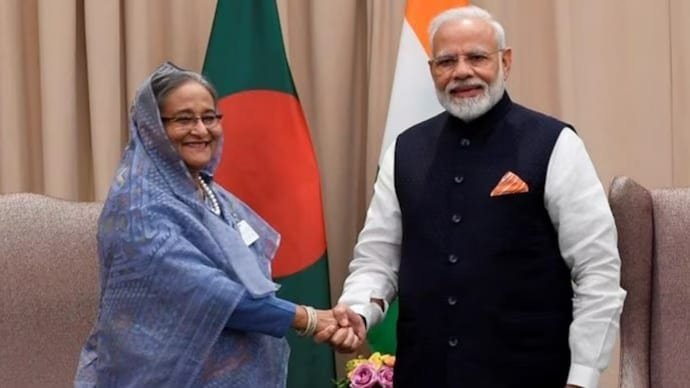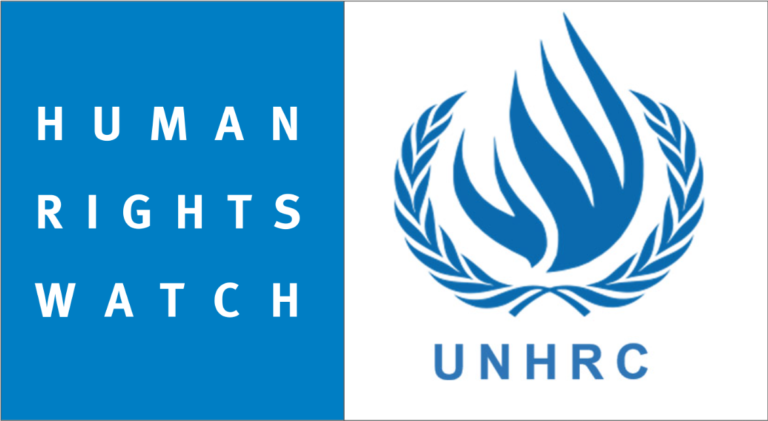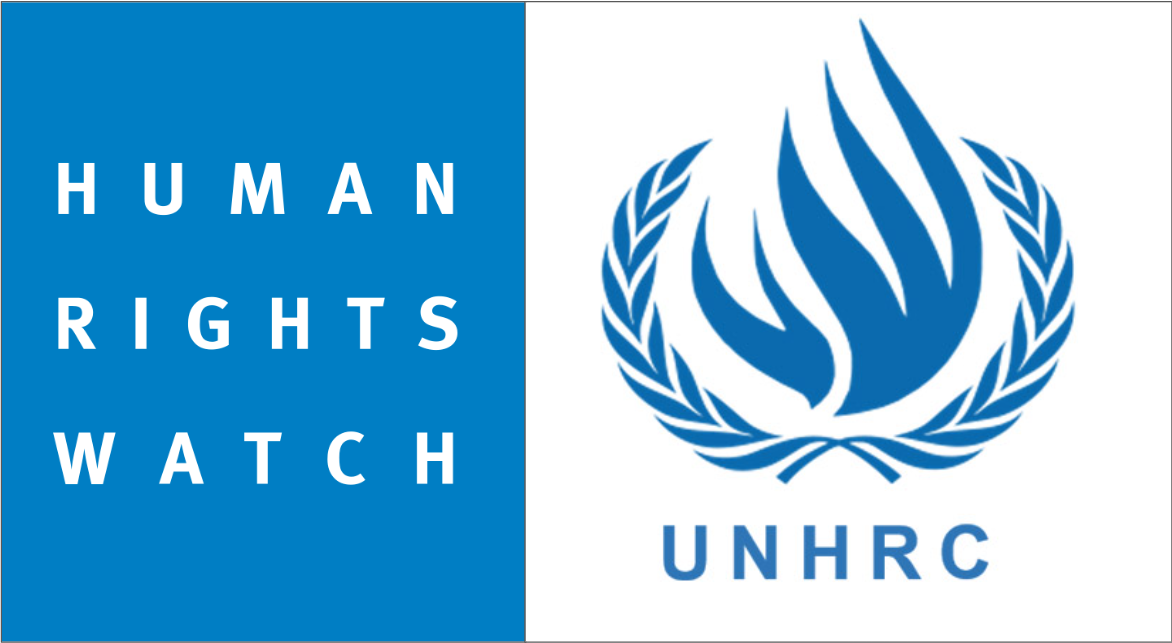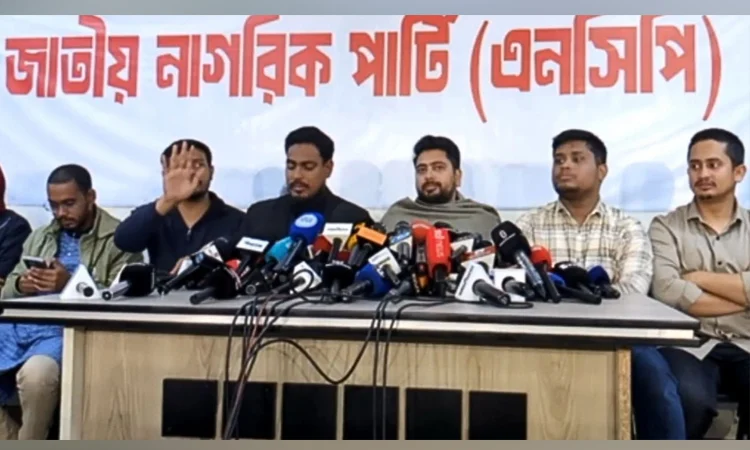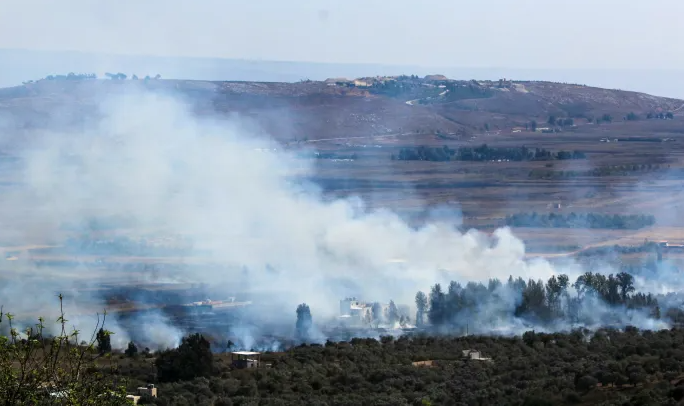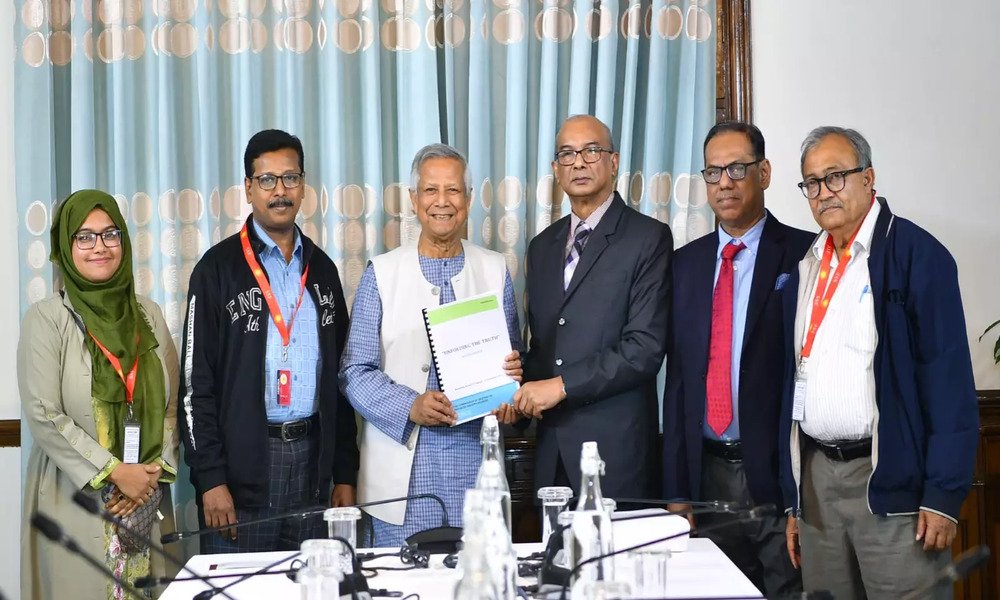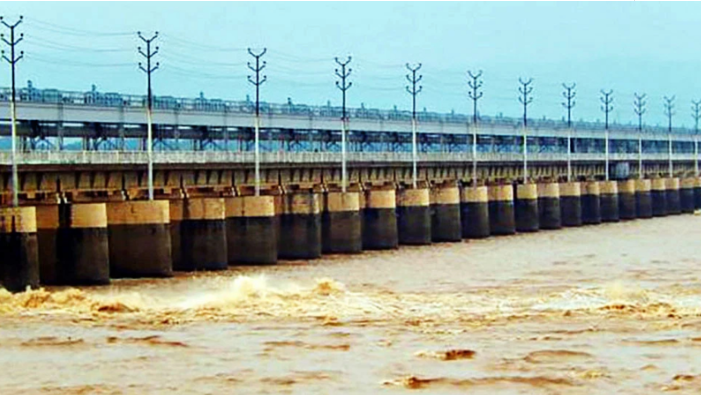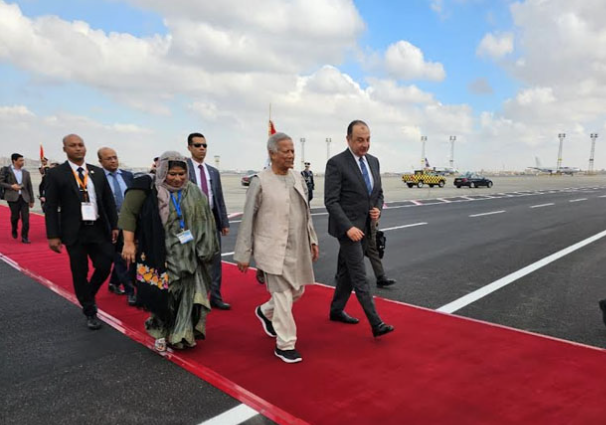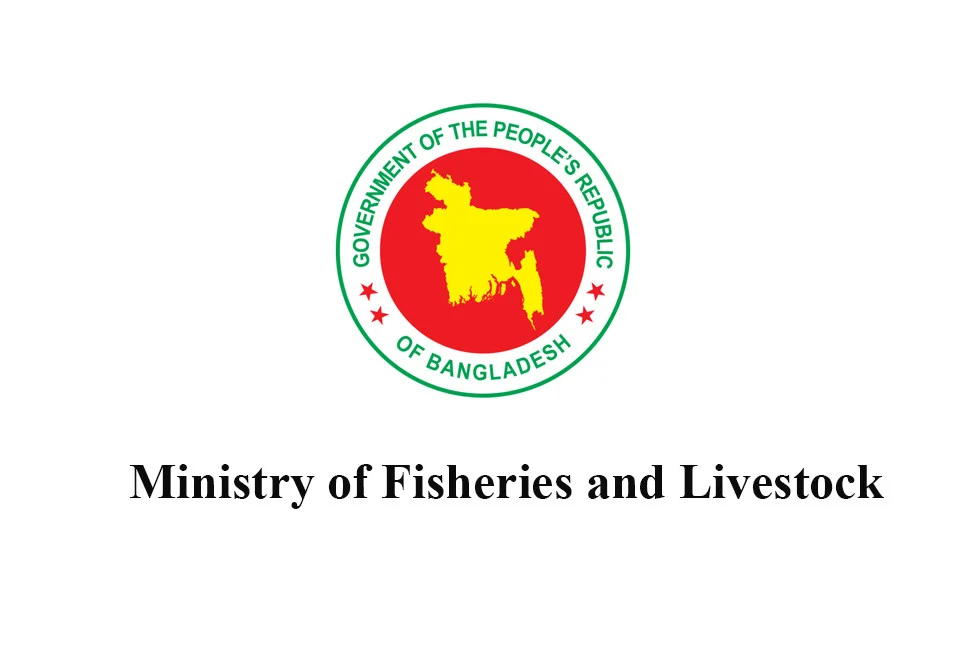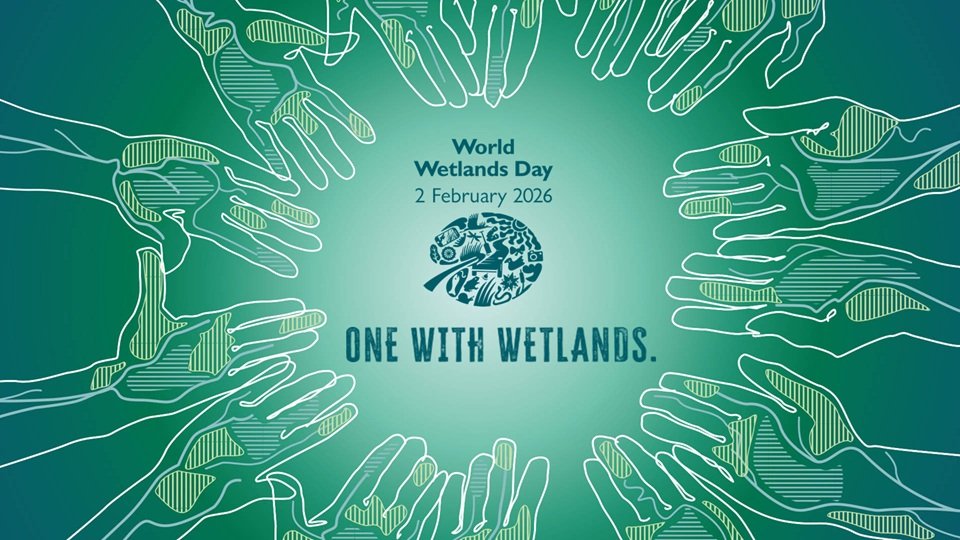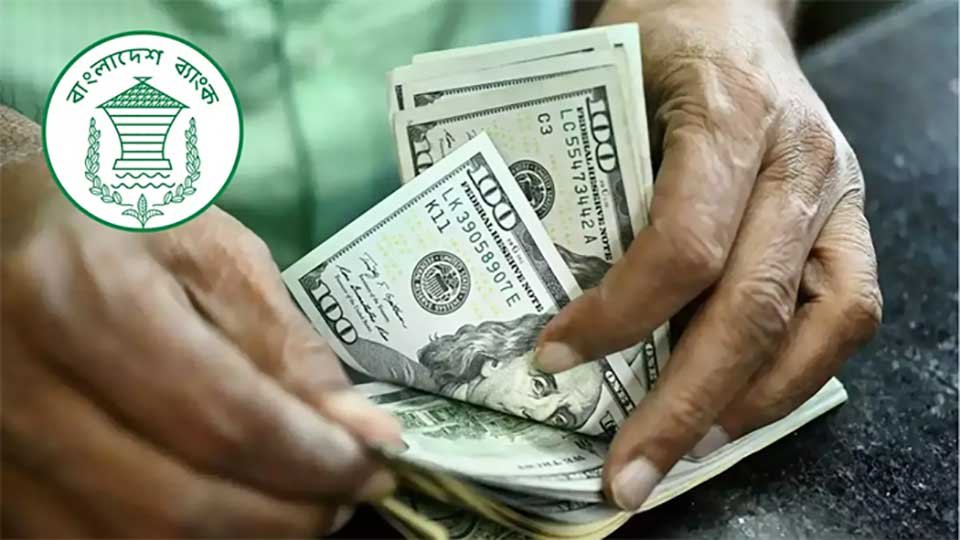In the wake of significant political changes in Bangladesh, Human Rights Watch (HRW) has issued a strong appeal for the establishment of an independent investigation into grave human rights abuses that have reportedly occurred during the 15-year tenure of former Prime Minister Sheikh Hasina. This report critically examines the key points highlighted by HRW, analyzing the potential implications of such an investigation on Bangladesh’s political and social framework. It also explores the broader context of international human rights and the role of global institutions, particularly the United Nations Human Rights Council (UNHRC), in ensuring justice and accountability.
Key Points of Discussion
- HRW’s Demand for an Independent UN Investigation: HRW has called on the interim government of Bangladesh, led by Chief Adviser Prof. Muhammad Yunus, to support a resolution at the upcoming UNHRC session scheduled for September 9, 2024. This resolution is intended to establish an independent mechanism for investigating serious human rights violations, including enforced disappearances, torture, and extrajudicial killings. These abuses were allegedly widespread under Sheikh Hasina’s administration, raising urgent concerns about the need for transparency and accountability (The Mirror Asia, 2024; United News of Bangladesh, 2024).
- The Role of the OHCHR: HRW underscores the critical role of the United Nations Office of the High Commissioner for Human Rights (OHCHR) in overseeing the human rights situation in Bangladesh during its political transition. The OHCHR would be responsible for monitoring developments and reporting its findings to the UNHRC. This continuous oversight is deemed essential for ensuring that the investigation remains transparent, independent, and free from political interference (The Daily Star, 2024).
- Addressing the Abuses by the Rapid Action Battalion (RAB): The Rapid Action Battalion (RAB) has been a focal point in HRW’s advocacy, with numerous allegations of extrajudicial killings and torture attributed to this unit. HRW has called for the disbandment of RAB as part of a broader institutional reform to prevent further abuses. The interim government is urged to implement strict civilian oversight over law enforcement agencies to restore public confidence in the justice system and ensure that such violations do not recur (The Observer, 2024).
- Socio-Political Context and Public Discontent: The recent political protests in Bangladesh, which culminated in Sheikh Hasina’s resignation, have been fueled by widespread dissatisfaction with economic disparities and ongoing human rights violations. HRW emphasizes that addressing these underlying issues is critical for preventing further unrest. Comprehensive social protection reforms are necessary to ensure that all citizens, regardless of their socio-political status, have equal access to public benefits and justice (The Daily Star, 2024).
- International Cooperation and Accountability: HRW has highlighted the importance of international support, particularly from the UNHRC, to ensure that the investigation is conducted impartially and effectively. Given the public’s deep distrust of domestic institutions, an independent international investigation is seen as the most credible means of achieving justice. This involvement would also demonstrate Bangladesh’s commitment to upholding international human rights standards, which is essential for maintaining its global standing and securing continued international support (The Observer, 2024).
Analysis and Implications
The call for an independent international investigation into Bangladesh’s recent human rights violations is a crucial step toward ensuring accountability and justice. HRW’s insistence on continuous monitoring by the OHCHR and the disbandment of the RAB underscores the need for deep systemic reforms. These measures are vital not only for addressing past abuses but also for preventing future violations and restoring public trust in the government. The implications of such an investigation are far-reaching. For Bangladesh, the outcome could lead to significant political and social reforms, including the restructuring of law enforcement agencies and the implementation of more equitable social protection policies. On an international level, the investigation would reinforce Bangladesh’s commitment to human rights, potentially improving its relationships with other nations and international organizations. However, the process is not without its challenges. The volatile political climate in Bangladesh presents a risk that the investigation could exacerbate existing tensions rather than resolve them. The international community, therefore, must approach the situation with caution, ensuring that the investigation is conducted fairly and without bias to avoid further destabilization.
Consequences of Inaction or Poorly Conducted Investigation
- If the investigation is not conducted with the necessary independence and thoroughness, several negative consequences could arise:
- Continued Impunity: Without a credible investigation, those responsible for these serious human rights violations may continue to act with impunity. This would likely perpetuate a cycle of violence and abuse, further eroding the rule of law and undermining human rights in Bangladesh (The Daily Star, 2024).
- Loss of Public Trust: Failing to conduct a fair and transparent investigation could deepen public distrust in the government and judicial system. This mistrust could lead to further social unrest and instability, as citizens may feel that justice is unattainable within the current system (The Mirror Asia, 2024).
- International Repercussions: Bangladesh’s international reputation could suffer if it does not cooperate with a UN-backed investigation. Diplomatic isolation and reduced international aid could follow, which would have significant negative impacts on the country’s development and stability (The Observer, 2024).
Human Rights Watch’s call for an independent UN investigation into human rights abuses in Bangladesh is both urgent and necessary. As Bangladesh navigates its complex political transition, ensuring accountability for past abuses is essential for building a stable and just future. The international community, particularly through the UNHRC, has a critical role to play in supporting Bangladesh through this process, ensuring that the investigation is thorough, independent, and credible.


